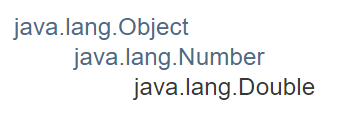For e.g, lets say you take the number 1, 2, 3, 4... etc. From these list of numbers, you can abstract from these ideas the concept of a number. You can't do this if you only know of the number 1, if so, it would be the number, rather than a number, but I digress.
Lets now say you want to define specific types of numbers, like integers, decimals, or primes. This is abstraction though categorization. As you already had the concept of a number, you aren't making an entirely new concept, in and within itself, but categorizing a concept and defining new concepts for those categories, which is part of the main concept.
Furthermore, in the former case, when the concept is formed, you expand your scope, in the former, you are narrowing it down to greater precision. So the two ways in which concepts can be formed should, I feel, be given precise terms.

